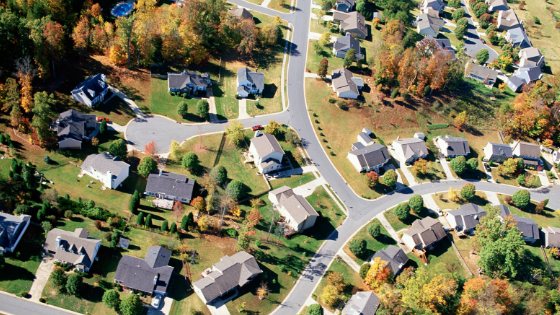The Potential for Community Associations to Exercise “Emergency Powers” as A Result of COVID-19

Florida Statute Sections 718.1265 and 720.316 provide condominium associations and homeowners’ associations, respectively, the right to exercise certain emergency powers “in response to damage caused by an event for which a state of emergency is declared pursuant to s. 252.36 in …
the locale in which the condominium is located [for a condominium association]”.
the area encompassed by the association [for a homeowner’s association]”.
The range of emergency powers includes, but is not limited to:
The right to conduct board or membership meetings by means other than in person gatherings;
The right to determine that portions of the association’s property would be unavailable for entry or occupancy;
The right to levy special assessments without a vote of the owners; and
The right to borrow money and pledge association’s assets as collateral.
Clearly, these emergency powers would apply in the event of physical damage to association properties caused by an event that results in a state of emergency being declared within the State of Florida. However, could these emergency powers be used when the “damage” to the association may be economic in nature (such as the loss of expected assessment revenue) or in the form of possible future personal injury or death to others (caused by the permitted use of the association’s property by infected individuals) and when the damage is caused by the consequences of a pandemic, such as COVID-19?
On March 27, 2020, the Florida Department of Business and Professional Regulation issued its emergency order 2020-04. That order recognized that there were certain emergency powers that were available to associations, enumerated in both the condominium statute (in Section 718.1265) and the HOA statute (in Section 720.316), that could be used as a result of COVID-19. Those powers expressly recognized by emergency order 2020-04 included the right to conduct board or membership meetings by means other than in person gatherings and the right to determine that portions of the association’s property would be unavailable for entry or occupancy. However, the powers expressly recognized by emergency order 2020-04 did not include the right to levy special assessments without a vote of the owners or the right to borrow money and pledge association’s assets as collateral.
On May 20, 2020, the DBPR issued a new order, emergency order 2020-06. The new order terminates most of the provisions in the original order, effective June 1, 2020.
The fact that the DBPR has issued this new order does not mean that the emergency powers of associations that were referenced in the earlier order cannot be used. However, it means that, in the event a purported emergency power is used by an association which is subsequently challenged by an owner in the community, a court would need to decide whether that emergency power could be used. The DBPR is no longer providing associations with a possible “safe harbor” to use in arguing that an association’s emergency powers can be used.
It should also be noted that the impact of the original DBPR emergency order, and the impact of the subsequent DBPR emergency order that terminates the original order, is subject to debate. Many attorneys have questioned whether the DBPR had the requisite constitutional authority to issue a pronouncement that the needed “emergency” that was required to trigger these “emergency powers” was in existence. For those attorneys holding such a belief, the issuance of the original order was viewed as an ineffective act, as only the Florida legislature could have modified the provisions of these statutes to clarify whether the “emergency powers” could be triggered by a pandemic, and only a Florida court could have made a binding interpretation of whether the existing provisions of these statutes would allow for an association’s use of these “emergency powers” in the event of a pandemic. These attorneys also believe neither of these DBPR emergency orders would have impacted the issue of whether community associations could utilize “emergency powers” due to the pandemic.
Any community association seeking to invoke emergency powers should seek assistance of its counsel before doing so.
For the latest news on COVID-19’s effects on community associations, contact our association law team for more information.